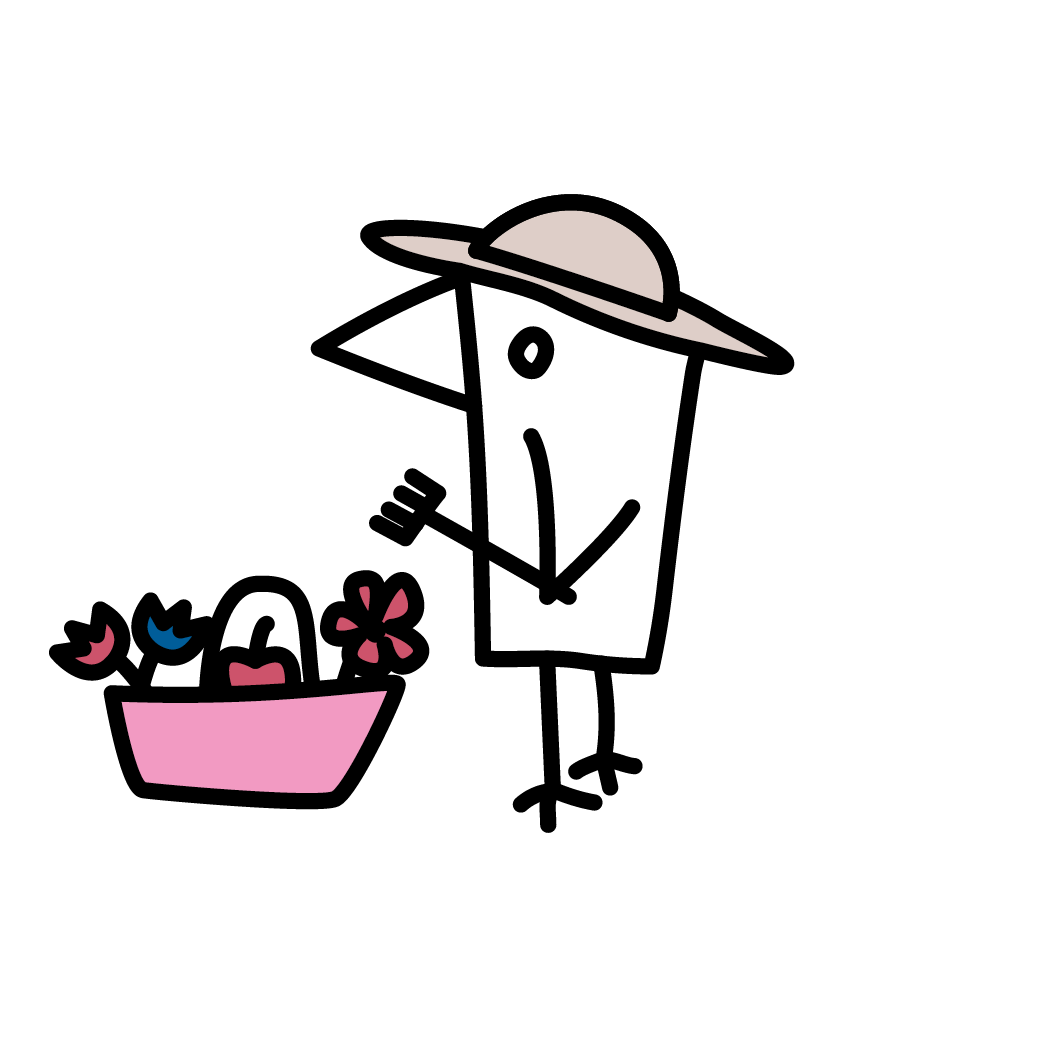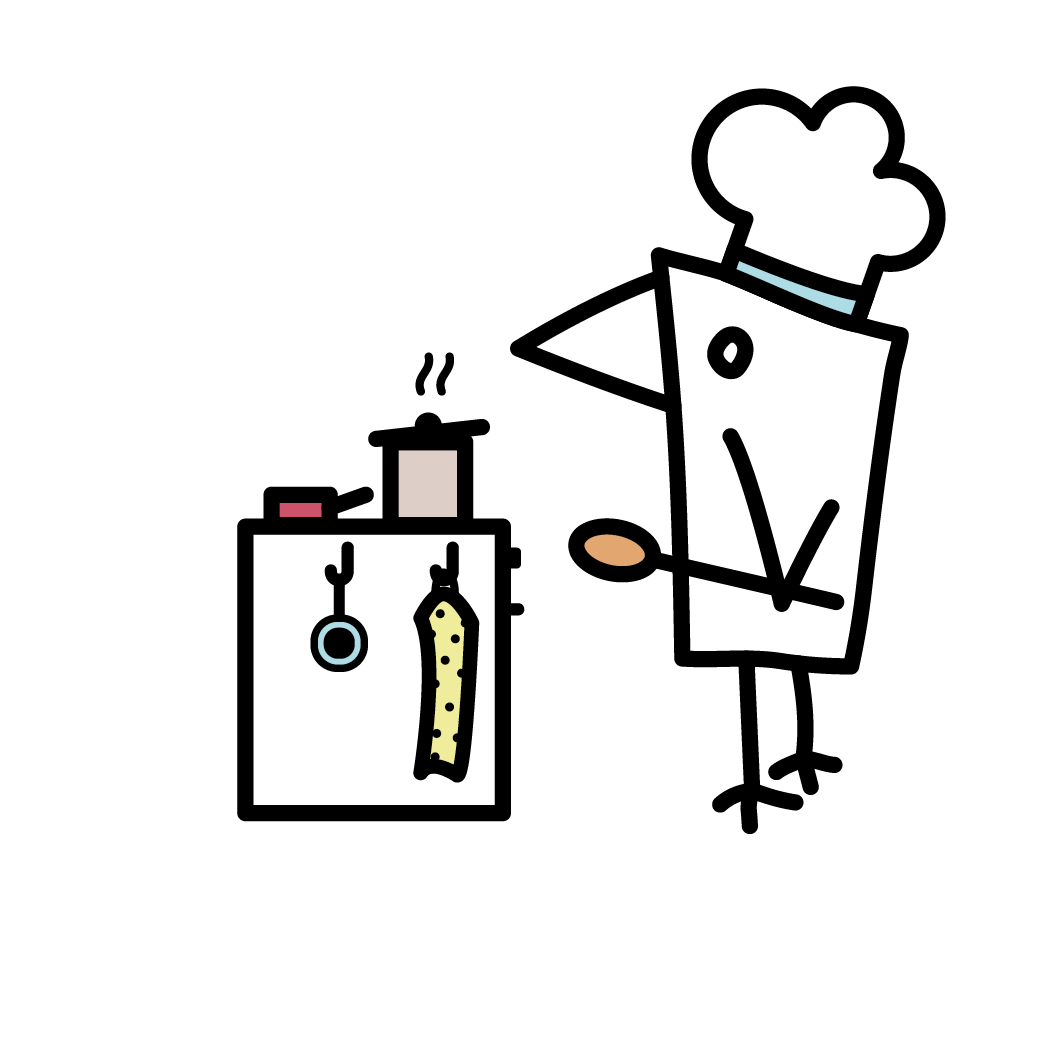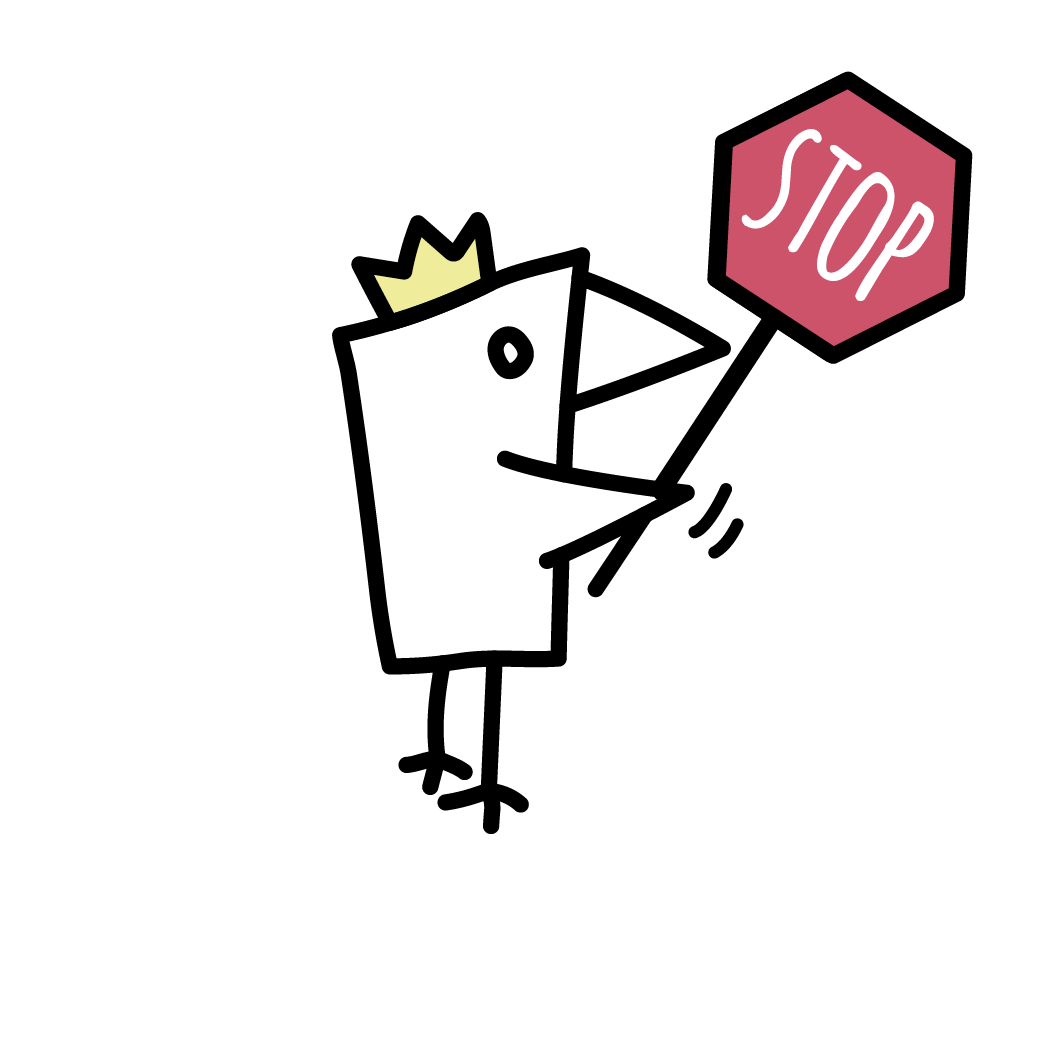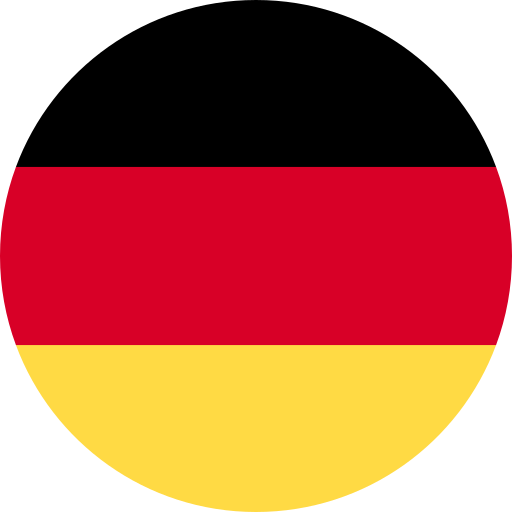EXERCISE & HEALTH
PSYCHO-MOTORICS
Development and education through exercise, which comes into play in psychomotorics, is what drives our work right from the start. Children’s learning takes places primarily through movement. The phrase “Use it or lose it” is still as relevant as ever. Recent research in the field of neurobiology shows that varied exercise has a fundamental influence on the brain. Children learn to stand up and walk. They experience their own skills and aptitudes. With motion, they learn (with their bodies and all their senses) what time means, what space and distance have to do with each other. Experiencing space enables them to develop their first concepts of light and heavy, above and below, before me and behind me. These early cognitive connections develop through the physical-sensory-psychological experience. The more children experience and are taught the enjoyment of movement, the deeper these learning processes take hold. This is why we provide the children with surroundings that encourage and concede varied movement.
Children discover and explore things differently than we adults do. Movement brings about endless possibilities of discovering and exploring both themselves and the environment. All movement is characterised by this harmonious control system. It marks the phase-like process that humans undergo – initially receptive and active, then in need of respite and relaxation again. The possibilities and suggestions that the qualified educators provide to rest, to give massages with spiky balls, for example, as well as offers such as children’s yoga are helpful to get into a relaxed state of mind.
Room design
The design of the rooms support our concept of motor development. Inasmuch as it is possible, each new day-care centre is designed to follow the principle of themed rooms. Mobility is given priority here. Quiet areas for cuddling and reading aloud help to process what has been learned and experienced. We also attach importance to material that leaves scope for interpretation in terms of how to play with it. Based on the example of the REMIDA system in Italy, the children can play with small and large boxes, tubes and pipes from the DIY store, toilet paper rolls, etc. As far as practical implementation is concerned, our qualified educators offer the children as many opportunities for movement as possible and the necessary space to do so. The children are allowed and encouraged to change the furniture and rooms. A table can turn into a castle, a cave or a ship. Furniture can be climbed on and used in other creative ways.
Outdoor area
Children are allowed to get their hands dirty in the outdoor area. Children enjoy playing, roaming about and discovering things in the gardens with their vegetable patches, trees, sensory path, muddy section and sand pit.

HEALTHY NUTRITION
Along with exercise, both a healthy and balanced diet as well as experiences and adventures with food and eating together are important factors for feeling well. Tasting and smelling and the well-being that comes while cooking small meals in community with others, planting something to enjoy later on, etc., help in the process. It is important for us that children and adults eat together – eating is more than simply “taking in calories”. Eating together allows social experiences to be felt: I share with others, speak with others and enjoy what I’m eating. For some children, it’s new to be together like this – others are already familiar with this culture from home. The nursery children use real knives for cutting, too. This way they learn to work carefully and diligently – and self-esteem and pride grow in the process, too. Shared imagination and the fun that comes with experimenting are meant to flow as freely as possible.
We offer mostly organic food in our facilities, a lot of fresh products (with snacks in between) as well as wholefood products. Pork is not on the menu; overall, there is little animal fat, with fish served once a week.

“Kleine Essperten” – little eating experts
From 2008 to 2010, the Stiftung Kindergärten Finkenau developed a nutrition concept in cooperation with the KKH Allianz health insurance titled “Kleine Essperten – ganz groß” (which translates as “Great little eating experts”). The concept was first tried and evaluated out in 3 of our facilities with a specialist in nutrition and household management accompanying the process. Following the trial phase, the programme was implemented in all of Finkenau’s facilities and continues to be used today. The programme is meanwhile offered across Germany – the materials can be ordered from the KKH insurance.
SEXUAL EDUCATION
… all about the self and the body.
Sexual education is an essential part of social and personal development. It is crucial for the healthy development of children. The Hamburg education recommendations take up the subject under the heading “Accompanying the development of body and sexuality in a sensitive manner”. It thereby is included in the realm of early childhood education and is part of Finkenau’s internal training programme. An important aspect in practice is the area safety first, as sexual education is an important instrument to prevent boundary violations.
The children learn in our facilities
- to get to know their bodies
- to find words for physical processes and body parts
- to become aware of their own feelings and be able to deal with them
- to show others their own boundaries and to respect the boundaries of others
- that there are children’s rights
- the difference between harmless and dangerous secrets
- that they have trustworthy people they can speak with
- to build up self-confidence and self-esteem
- to accept themselves and other people in all their diversity
For our qualified educators this means
- acquiring specialist knowledge about the psychosexual development of children
- taking part in the provider’s internal mandatory training courses
- discussing and setting rules for the children’s exploration of their bodies
- having a closer look at one’s own sexual education
- creating possibilities of retreat for the children
- creating a learning environment that promotes the senses
- having an open approach towards the children and parents in order to be able to react aptly to their questions and behaviour
Pedagogical materials
… on the topic of sexual education are available at all of our facilities. In addition to several picture books, the so-called kindergarten box – discover, look, feel! (Kindergartenbox – Entdecken, schauen, fühlen!) – by the Federal Centre for Health Education (Bundeszentrale für gesundheitliche Aufklärung – BZgA) should be noted here. The box contains both concrete playing material such as dolls, a CD and a book as well as a so-called method folder with proposals for projects.
- You’ll find further information here







